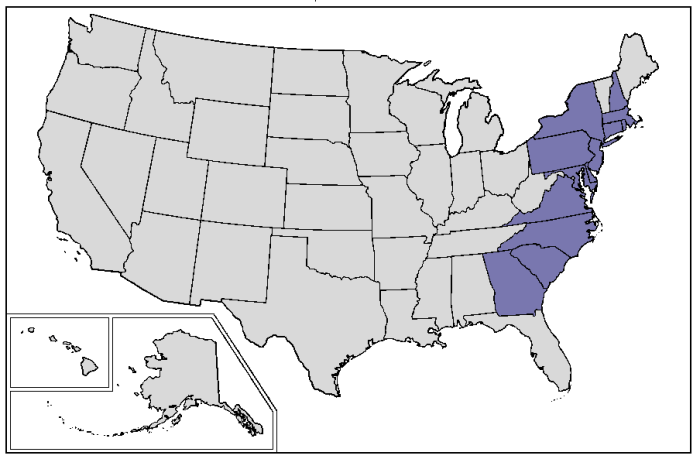Embark on an enlightening journey into the foundations of American history with Unit 11.1 Colonial Foundations Answers. This comprehensive guide unravels the origins, social dynamics, political evolution, and revolutionary spirit that shaped the United States.
From the establishment of the first colonies to the momentous events leading to independence, this resource provides a detailed account of the forces that molded a nation.
Historical Context: Unit 11.1 Colonial Foundations Answers

The American colonies originated from various European powers seeking economic opportunities and religious freedom in the New World. England emerged as the dominant force, establishing 13 colonies along the Atlantic coast. During the colonial period, the colonies developed distinct political and economic systems, with varying degrees of self-governance and economic prosperity.
Major events like the French and Indian War (1754-1763) had a profound impact on colonial society, fostering a sense of unity and resentment towards British rule.
Social and Cultural Life
Colonial life revolved around work, family, and religious practices. Colonists engaged in agriculture, trade, and craftsmanship. Family structures varied, with extended families common in rural areas and nuclear families more prevalent in urban centers.
Education was limited to the wealthy elite, while the arts flourished in certain urban centers, such as Boston and Philadelphia. Colonial society was stratified into distinct social classes, with planters, merchants, and artisans at the top, followed by farmers, laborers, and enslaved Africans.
Political and Economic Development
Colonial governments evolved from early town meetings to royal colonies directly controlled by the British Crown. Economic factors played a crucial role in the growth of the colonies, particularly the development of cash crops like tobacco and cotton.
The colonies maintained a complex relationship with Great Britain, enjoying relative autonomy in local affairs but subject to imperial control in matters of trade and foreign policy.
The Road to Revolution, Unit 11.1 colonial foundations answers
The American Revolution was sparked by a combination of political, economic, and social factors. Political grievances included taxation without representation and British attempts to restrict colonial self-governance.
Economic tensions arose from British trade regulations and competition with British manufacturers. Social factors, such as growing resentment towards British authority and a desire for greater autonomy, also contributed to the revolutionary sentiment.
Major events of the Revolution included the Boston Tea Party (1773), the Declaration of Independence (1776), and the Battle of Yorktown (1781). The Revolution resulted in the establishment of the United States as an independent nation, with a profound impact on its political, economic, and social development.
FAQ Resource
What were the major economic factors that contributed to the growth of the colonies?
Agriculture, trade, and the development of industries such as shipbuilding and manufacturing were key economic drivers.
How did the French and Indian War impact colonial society?
The war heightened tensions between Britain and the colonies, increased military spending, and led to territorial expansion.

